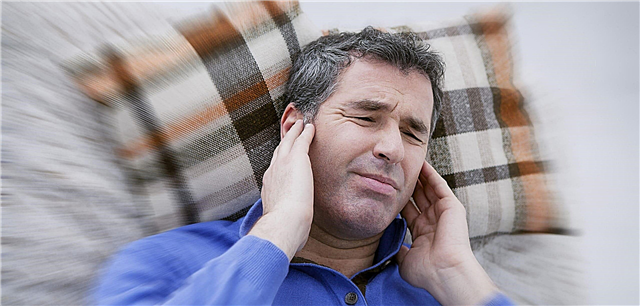
After awakening, many people remember dreams well. Scientists have put forward theories about why people forget dreams.
Popular Theories
The American Internet publication Huffington Post has suggested that forgetting dreams is a useful feature from an evolutionary point of view. Suppose if an ancient person remembered how he escapes from a lion and takes off from a cliff, he would certainly repeat the action in reality. As a result, the experience from dreams would lead to physical consequences, since people do not know how to fly.
Another theory related to evolution was put forward by Francis Crick, one of the discoverers of DNA. He argues that the task of sleep is to cleanse the brain of associations that clog memory. For this reason, dreams are almost immediately forgotten.
Interesting fact: life events are remembered in chronological order, taking into account cause and effect. Dreams are not clearly located in space and time, which is why they are worse deposited in the mind.
Dreams are forgotten due to the fact that real life is filled with stressful situations and experiences. After awakening, many think about the things that need to be done during the day. Caring makes dreams quickly dissolve as more important thoughts fill the brain.
The ability to remember is affected by the orientation of the body in space. Dreams arise in a supine position, at rest. As soon as a person gets out of bed, all actions and movements interrupt sleep and drive away memories.For this reason, a dream is easier to reproduce in one’s head while lying down. After rising from the bed, many details will be erased.
The work of the brain and remembering dreams
Scientists say that from a biological point of view, people are able to forget dreams because of the features of the functioning of the brain. They believe that for some citizens, the area near the parietal cortex and temporal cortex works much stronger than others. This theory was confirmed by an experiment in which two groups of people participated: those who remember dreams well and those who have dreams faded from consciousness.
Researchers measured brain activity using electroencephalography. During sleep, people turned on a calm melody. Scientists pronounced the name of the subject and recorded the response from the brain. He was the same for everyone. During wakefulness, the same experiment gave other results. The response to the name was greater among those who can remember their dreams.
Scientists have come to a certain conclusion. They noted that the activity of the cerebral lobe between the parietal and temporal cortex is significantly higher in those who can remember dreams. It is easier for these people to keep in their head a large amount of information received at night. Memory problems are directly related to the low activity of the aforementioned zone.
How to remember a dream?
People mistakenly think that they have no dreams, although the problem is in remembering. Scientists made recommendations on how not to forget a dream.
Helpful hints:
- Immediately after waking up, you need to scroll through the dream and write it in a notebook, phone.
- You need to put a pleasant melody on the alarm clock, so that sharp sounds do not drive away sleep and do not disturb the body.
First you should remember the emotions experienced at night, and then events. First, let only fragments pop up in your head, and not the entire sequence of actions. Gradually, it will be easier to remember dreams, and they will cease to slip away from memory.
People forget dreams for several reasons. At night, the brain is cleared of unnecessary information, so dreams are not fixed in consciousness. The ability to remember is deteriorating due to worries about things to do. Abrupt awakening and getting out of bed also drive away sleep. Studies have proven that the activity of the parietal-temporal region affects dreams. Dreams to all people, but not everyone remembers them.












